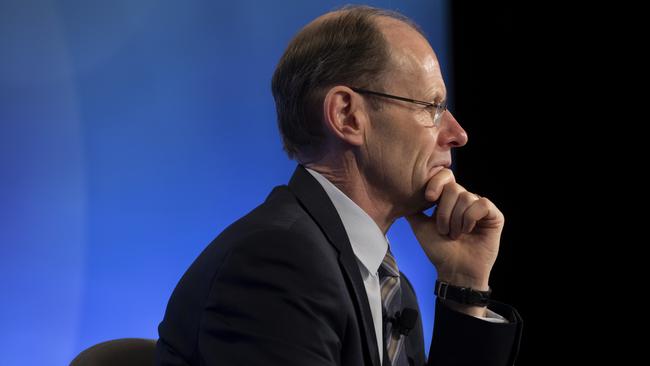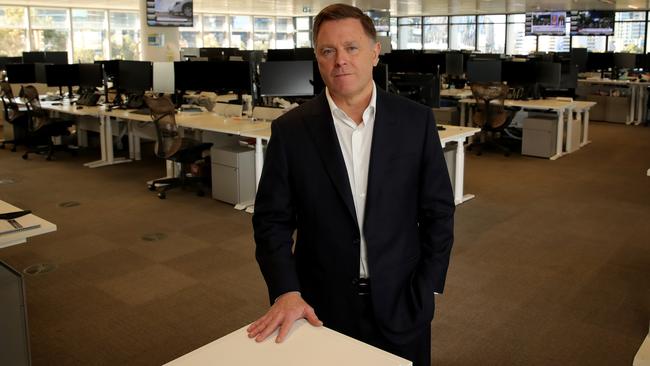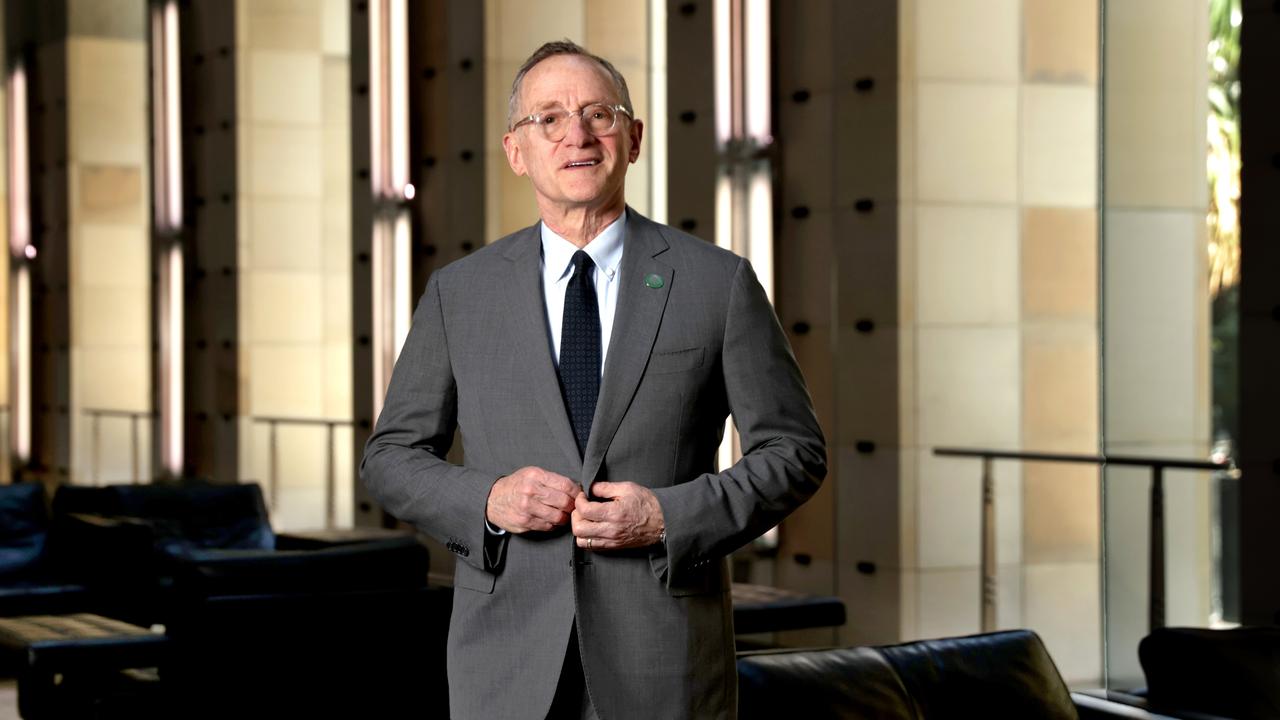Shayne Elliott: ANZ Bank well-placed for sustainability super-cycle
The transition to net zero emissions by 2050 represents a ‘massive’ opportunity for ANZ Bank’s institutional division, according to group CEO Shayne Elliott.

The transition to net zero emissions by 2050 represents a “massive” opportunity for ANZ’s institutional division, according to group chief executive Shayne Elliott.
Asked in an analysts call if the bank was well-placed to exploit an estimated $150 trillion global opportunity over the next 30 years, Mr Elliott agreed that there was an “enormous” amount of money to be spent on decarbonising the global economy.
“A lot – if not all – of the things you need to be able to do to participate in the transition we’re actually very good at,” he said. “We’re really good at banking large-scale industrial projects; we’re really good at financing the movement of goods, whether that be gas or iron ore today, or hydrogen or something else in the future.
“And we have the customer base that will drive a lot of that: the transition is going to be driven by large multinational organisations, many of which are core clients of ours today.”
Mr Elliott said the issue had been discussed at a meeting of the ANZ board on Wednesday, and the opportunities extended far beyond “just lending”.
Institutional boss Mark Whelan said the bank had undertaken a deep dive over the last six months into the global sustainable banking opportunities.
About 75 ANZ staff were involved in the project, together with management consultancy firm McKinsey & Co.
“We’ve got a pretty clear picture of where we see the opportunities,” Mr Whelan said.
“But it effectively starts with the quality of our customer base, both domestically and internationally; they’re the companies which are going to drive this transition to net zero.
“Many of them are well-progressed with their own plans, so our intention is to follow them and work with them on their own transition. Together with our geographic footprint really puts us in a strong position to be at the forefront of this.”

Mr Whelan said ANZ had hired people across the sustainability spectrum, offering sustainability bonds and loans along with many other products. Supply chains were also going to shift as part of the transition, and the bank had strong business streams with affected multinationals.
Mr Whelan said the institutional business would also benefit from volatility triggered by inflationary expectations feeding through to rising interest rates.
“We do think (global) rates will rise,” he said. “Because we have more of a global business in our markets business, we’ve already seen NZ rates rise and we’ll benefit from that, and there’s talk in the US about when US rates will rise, and it’s also an issue of when Australian rates will rise.
“We’re exposed to all three of those and we can leverage those at different times.”
Mr Elliott said ANZ was the largest international bank at home, and the nation’s most international bank.
It was a leader in banking the extraction of resources, arranging finance for large-scale infrastructure, connecting buyers and sellers across Asia, distributing debt, and hedging market risk.
“Based on Bloomberg data, we estimate we participated in around 5 per cent of global sustainable finance flows in 2021, which increased our sustainable finance revenues more than 60 per cent,” Mr Elliott said.



